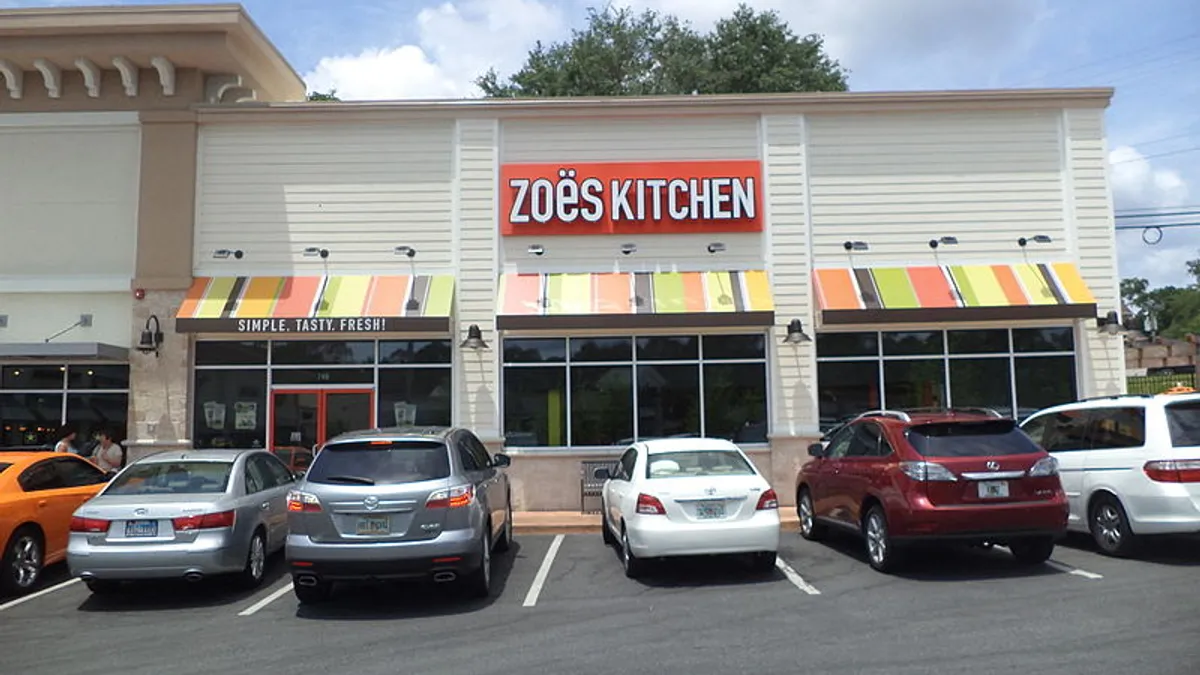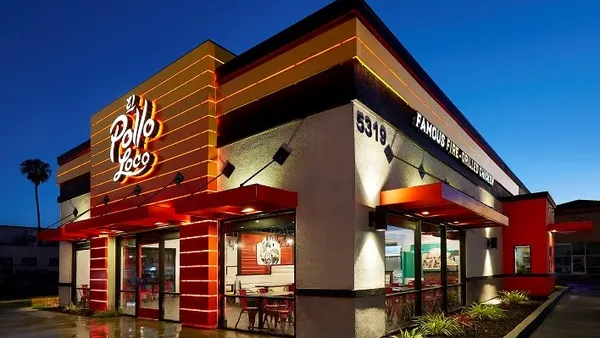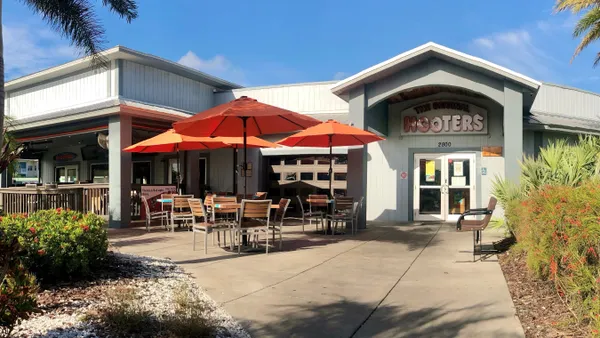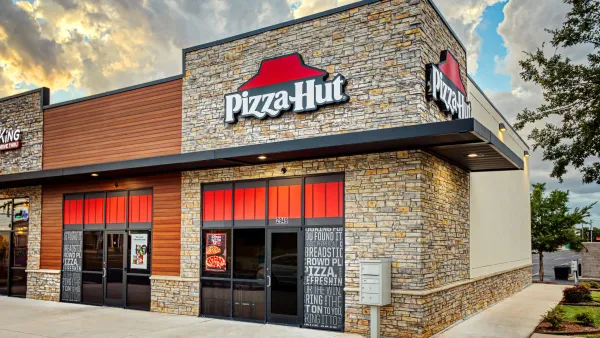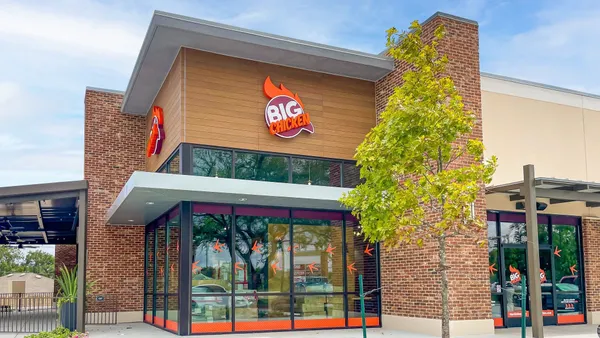Dive Brief:
- Last week, a shareholder filed a lawsuit against Mediterranean chain Zöe’s Kitchen, alleging “incomplete and misleading” information regarding its acquisition by privately-held rival Cava, according to Restaurant Business.
- The class-action suit states that the financing group (backed by Panera founder and former CEO Ron Shaich) behind the deal didn’t properly disclose the financial relationship with the company, and asks that the deal be rescinded.
- The Cava-Zöe’s Kitchen deal, worth $300 million and expected to close by the end of the year, was initially announced in August. It will expand Cava’s footprint from 66 locations to 327 in 24 U.S. states.
Dive Insight:
The class action suit against Zöe’s is not uncommon. A surge in federal class-action suits targeting companies involved in mergers and acquisitions in 2017 led to a second straight record year for the overall number of federal securities class actions, according to a recently released report.
So, while the suit against the chain may cause a bit of a delay, the deal with Cava will likely continue to create the largest restaurant company in the Mediterranean category — a good segment to be in right now. According to data from Mintel, modern Mediterranean flavors and ingredients are in high demand. Sixty-six percent of U.S. consumers are interested in Middle Eastern foods at restaurants, and Middle Eastern cuisine grew 32% on U.S. restaurant menus between 2015 and 2017.
This demand, coupled with the growth of the fast casual category, gave Zöe’s Kitchen a boost that has turned the heads of investors. The chain first went public in the spring of 2014, initially raising about $87.5 million. But the chain has struggled a bit since then, with Zöe’s same-store sales slipping between 7 and 8% in the first part of the third quarter 2018 after two quarters of declines, according to the Washington Business Journal. There are a number of theories about what went wrong at Zoe’s, including overexpansion and intensifying competition. Competition has affected the entire restaurant industry, and has led to more consolidation as a way for restaurants to maintain profits.
Cava’s approach, which it calls “chef-casual" (or a fast casual restaurant that uses a menu created by a fine-dining chef), seems to complement to Zöe’s Mediterranean-inspired fast casual brand. Going private should help Zoe’s recover from its recently declining sales, especially behind the leadership of Shaich, who has a successful track record of running profitable restaurant companies.
Both brands are also extending their presence outside of brick and mortar to further protect themselves from growing competition. Cava, for example, sells a line of dips and spreads at Whole Foods, while Zöe’s just signed a deal to have some of its signature menu items sold on American Airlines’ flights.
The merger provides a lot of opportunity for both entities, especially as demands for Mediterranean and healthier food continue to grow. After the deal is finalized, Cava and Zöe’s will continue to operate as separate chains, and chances are good this deal will take one of them national. Zöe’s will first have to fix whatever is broken, but the brand will have a strong leadership team in Cava to help it do just that — so long as this suit is dismissed.


